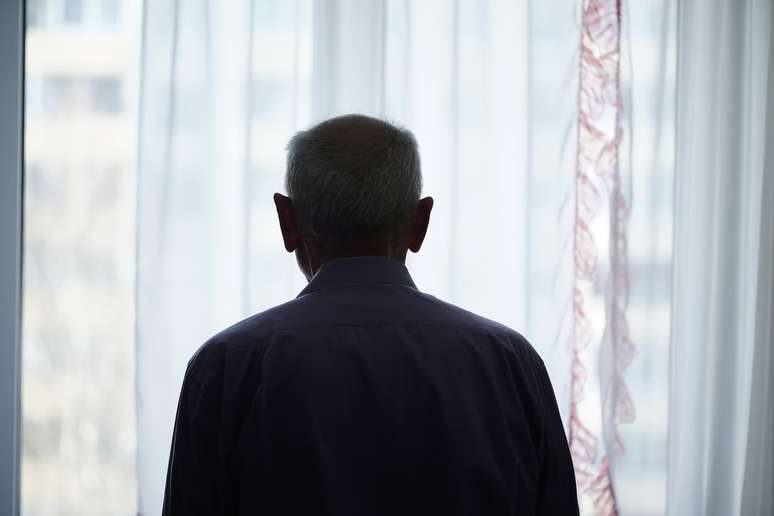An international study finds factors associated with lifelong loneliness
Loneliness in adulthood follows a U-shaped pattern: it is highest in youth and older age, and lowest during middle age, reports a new study from the Northwestern University School of Medicine in the United States that examined nine longitudinal studies coming from all over the world.
The study also identified several risk factors for loneliness across the lifespan, including social isolation, gender, education and physical limitations.
Loneliness is associated with worse health
Author Eileen Graham, a professor at Northwestern, said the team was struck by the fact that the increase in loneliness is consistent in old age. According to her, there is a lot of scientific evidence showing that loneliness is associated with worse health, which is why researchers wanted to better understand why people become lonelier as they age, to perhaps find ways to mitigate this condition.
A lack of social connections can increase the risk of premature death to levels comparable to daily smoking, according to the U.S. Surgeon General’s office, which issued a call a year ago to address the country’s loneliness epidemic.
The author added that her findings highlight the need for targeted interventions to reduce social disparities across adult life and reduce levels of loneliness, especially among older adults.
Perhaps one day family doctors will be able to assess loneliness levels during regular wellness appointments to help identify those who may be most at risk, Graham commented.
The study was published in the journal Psychological science.
Factors associated with loneliness
The study found that individuals with greater persistent loneliness were disproportionately female, more isolated, less educated, with lower income, had greater functional limitations, were divorced or widowed, were smokers, or had poorer cognitive, physical, or mental health. poor.
How does loneliness change over the course of life?
The study replicated this “U”-shaped pattern in nine datasets from studies conducted in the United Kingdom, Germany, Sweden, the Netherlands, Australia, Israel and others. Only one of the data sets was from the United States, which Graham said indicates the breadth of the loneliness epidemic globally.
“Our study is unique because it harnessed the power of all these datasets to answer the same question: ‘How does loneliness change across the lifespan, and what factors contribute to becoming more or less lonely over time?’” he said.
All nine longitudinal studies were conducted before the start of the Covid-19 pandemic, when many researchers found loneliness becoming even more pronounced.
Why is middle age less lonely?
While this study did not specifically examine why middle-aged adults are the least lonely, Graham said this may be because many demands in a person’s life in this age range often involve social interactions, like getting married, going to work and making friends. with the parents of their children’s friends.
But the relationship between social interaction and loneliness is complex. “You can have a lot of social interactions and still feel lonely, or alternatively, you can be relatively isolated and not feel lonely at all,” Graham said.
As for whether adulthood is a lonely time, Graham and study co-author Tomiko Yoneda said the study data begins in late adolescence, when young adults often go through several major life transitions (e.g. , education, career, groups of friends, relationship partners and families).
“As people age and develop from youth into middle age, they begin to put down roots and settle down, solidifying groups of adult friends, social networks and life partners,” said Yoneda, an assistant professor of psychology at the University of California. “We have evidence that married people tend to be less lonely, so for older people who are not married, finding meaningful social points of contact will likely help mitigate the risk of persistent loneliness.”
Source: Terra
Ben Stock is a lifestyle journalist and author at Gossipify. He writes about topics such as health, wellness, travel, food and home decor. He provides practical advice and inspiration to improve well-being, keeps readers up to date with latest lifestyle news and trends, known for his engaging writing style, in-depth analysis and unique perspectives.









